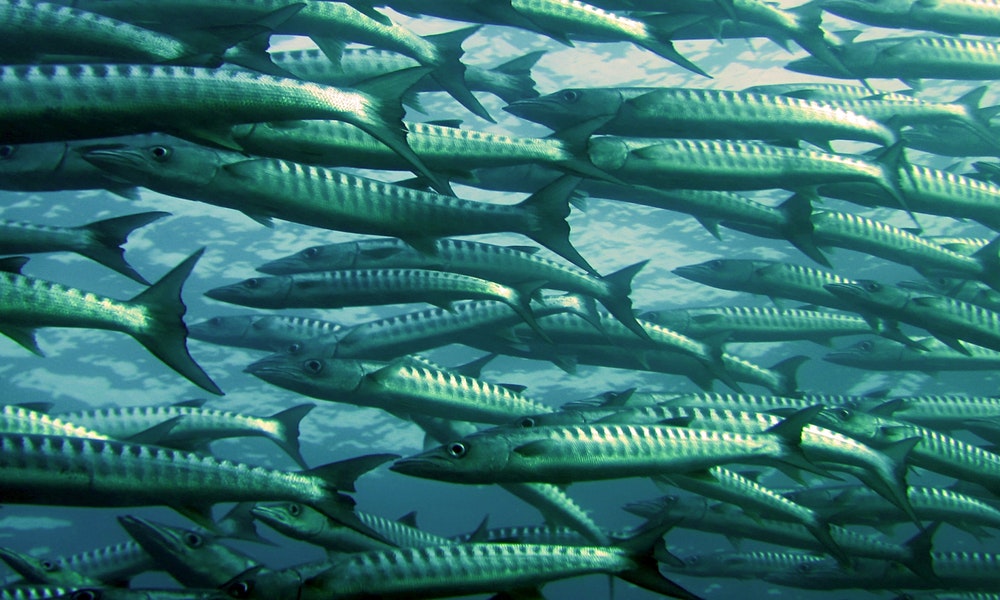


12 June, 2020
“More veg, better meat”. A phrase we’ve been hearing with increasing regularity in recent years as the combined forces of health, climate change and, now, the COVID-19 pandemic, have driven more and more people away from meat and towards a so-called ‘flexitarian diet’.
But as flexitarianism goes from millennial fad to the future of our food system, one ingredient is consistently left off the table: fish.
Otherwise informed commentators often appear uncertain about whether ‘flexitarians’ should be ditching the fish or diving in for more. The oft-cited EAT-Lancet report, which brought together 37 world-leading scientists to devise a ‘planetary health diet’ for 10 billion people, is somewhat equivocal. It stresses the health benefits of fish, particularly for the world’s poorest, whilst in the same breath warning that 90% of global wild fish stocks are overfished or at capacity.
Part of the problem is that the ‘fish and seafood’ category varies wildly in its environmental impacts. Crustaceans, for example, have a much higher carbon footprint than other fish species. And whilst experts also broadly agree that farmed fish has better long-term prospects than wild-capture fish, this comes with its own problems, from welfare concerns to impacts on aquatic biodiversity.
The truth is, it’s complicated. But the confusion around what ‘flexitarian’ really means is helping nobody, and nor does providing a loophole that allows unsustainable fishing practices to continue in the name of a ‘planet-friendly diet’. Whether you’re a flexitarian or proud carnivore, starting with certified sustainable products and diversifying the species you buy will help to ensure there are plenty more fish in the sea.
By Sarah Howden